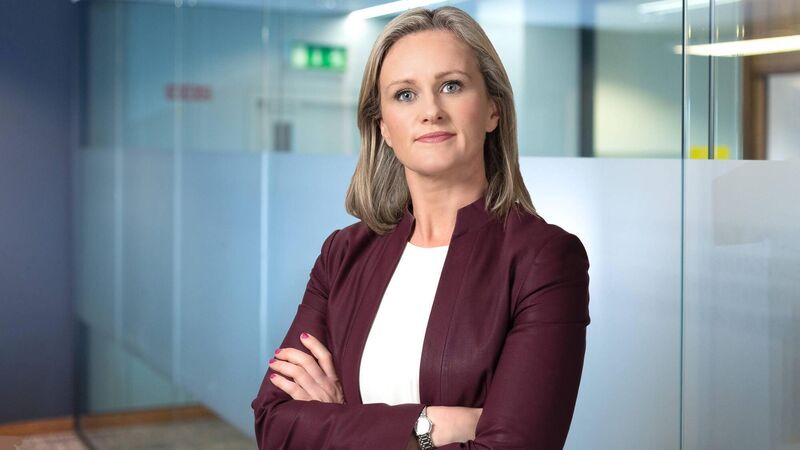Irish CEOs shift investment strategy in response to trade uncertainty, says study

EY-Parthenon head of strategy Helena O'Dwyer said Irish businesses are adapting to a more fragmented global landscape
Nine out of 10 leaders in Irish companies have revised their investment strategies in response to tariff and trade fears and continues global uncertainty, according to research carried out by EY.
The EY CEO Outlook Survey surveyed 1,200 executives globally and was undertaken in March and April in the immediate aftermath of the introduction of global tariffs by the US administration. It found that 57% of Irish business leaders now see geopolitical disruption as the number one threat to growth. This compared to 42% of international CEOs who said the same.











